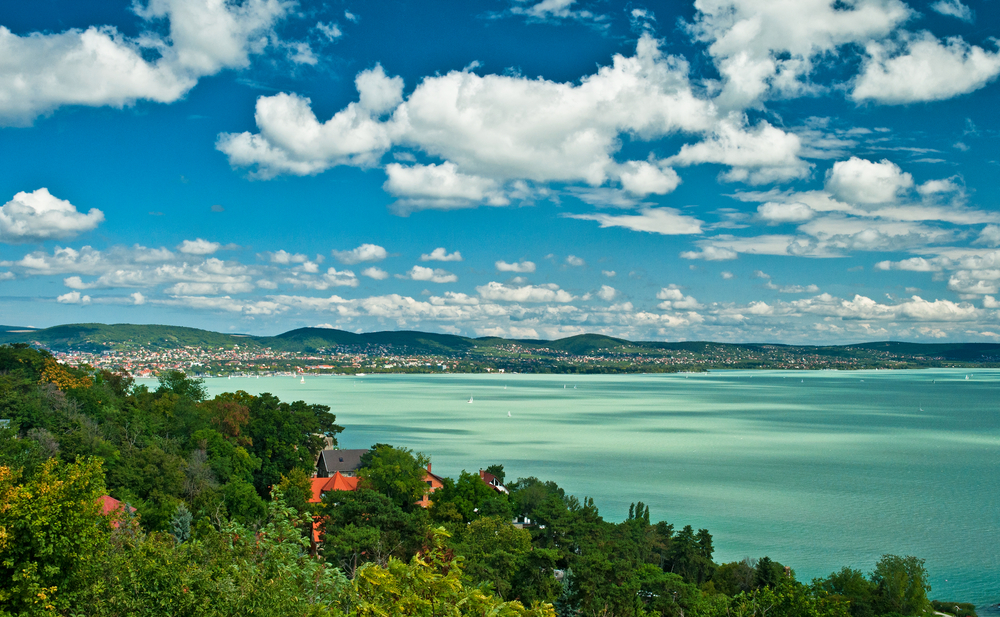Lake Balaton waters warming at alarming rate: Future summers may leave no room to cool off

Over the past two decades, Lake Balaton’s average water temperature has increased by 0.7°C per decade, with the most dramatic rise occurring in the western basin near Keszthely.
Researchers at the HUN-REN Balaton Limnological Research Institute have been studying satellite data to track changes in the lake’s surface water temperature over the last 20 years, Economx reports. Their findings reveal that the average temperature of Lake Balaton has risen significantly: by 0.7°C every 10 years. The most affected area is the shallow western Keszthely basin, where temperatures have surged by 1.8°C between 2000 and 2024.
Lake Balaton experiences warming at an alarming rate

Boglárka Somogyi, senior researcher and head of the Hydrobotanical and Microbial Ecology Research Group, explained that the shallow western regions of the lake experience the most warming in spring and summer, while the deeper eastern parts are more affected during autumn and winter.
Lead author of the study, Huan Li, noted that although they lack precise figures on how much warmer the lake could become in the next 10 to 20 years, their ongoing long-term research aims to provide clearer forecasts. Preliminary data suggests that if climate change continues unchecked, the lake’s temperature could rise by 0.5-0.7°C per decade over the coming years.
Li also mentioned that the increasing size and number of marinas around the lake do not directly influence water temperatures. However, the urbanisation of the shoreline—2/3rds of which is now developed—is contributing to the heating of the lake. This is supported by their current research, which highlights that human activities, such as urbanisation and land reclamation, are exacerbating the warming trend.
Better environmental, water management, and tourism strategies needed
The researchers stressed that understanding these temperature changes is crucial for developing better environmental, water management, and tourism strategies for the region.
Milder winters and hotter summers, now typical around Lake Balaton, create favourable conditions for non-native species, such as subtropical and tropical algae, fish, and plants, which may compete with native species. If native species, accustomed to cooler climates, cannot adapt quickly enough to the changing environment, they could face extinction.
Although native species have some capacity to adapt, the rapid pace of environmental changes could overwhelm their resilience. This, in turn, may lead to significant shifts in the lake’s ecosystem, with more resistant non-native species potentially becoming dominant, as pointed out by senior researcher Viktor Tóth.
Read also:
- Lake Balaton: Invasive species and climate change threaten its future
- Lake Balaton overrun with luxury properties and controversial projects
Featured image: depositphotos.com
Source:







